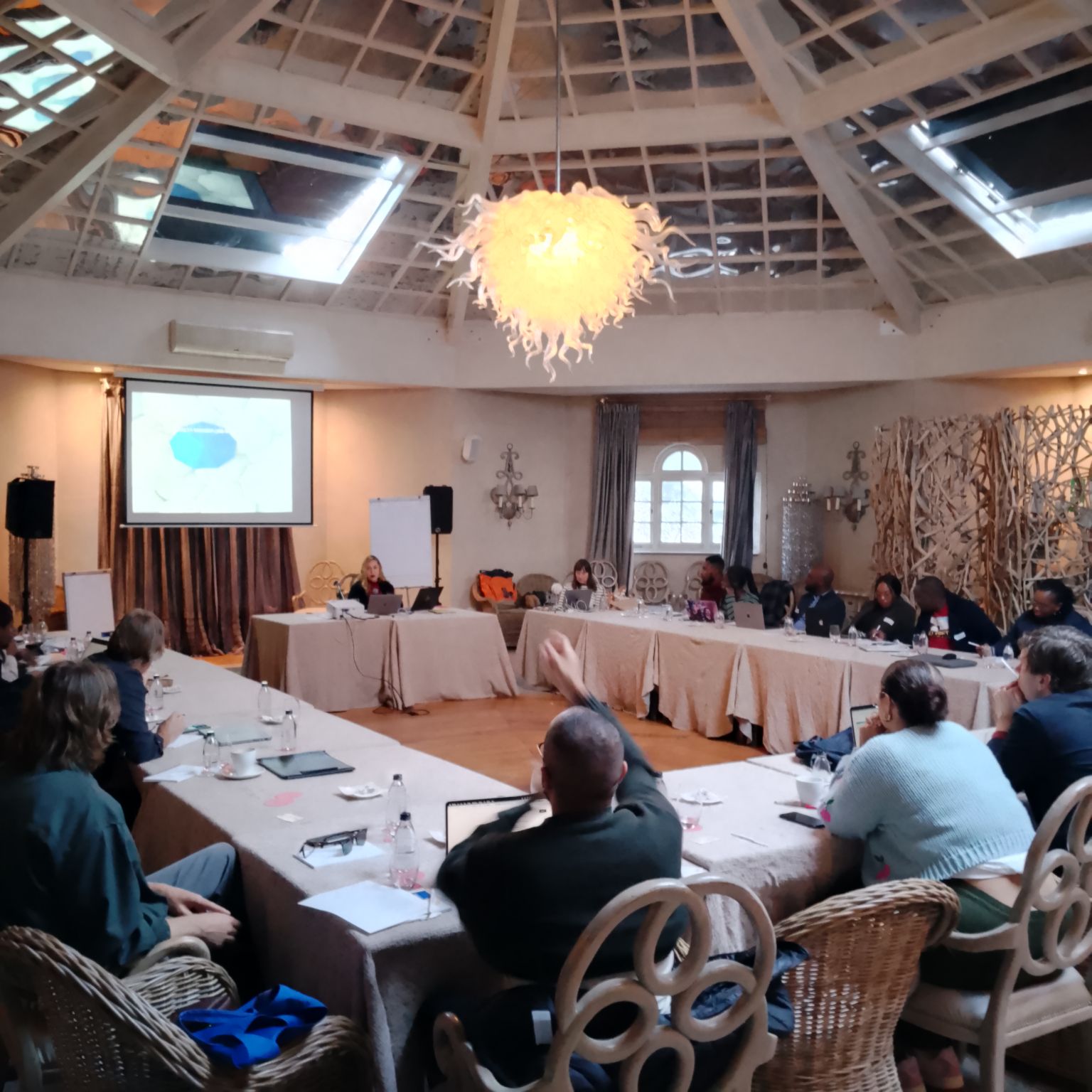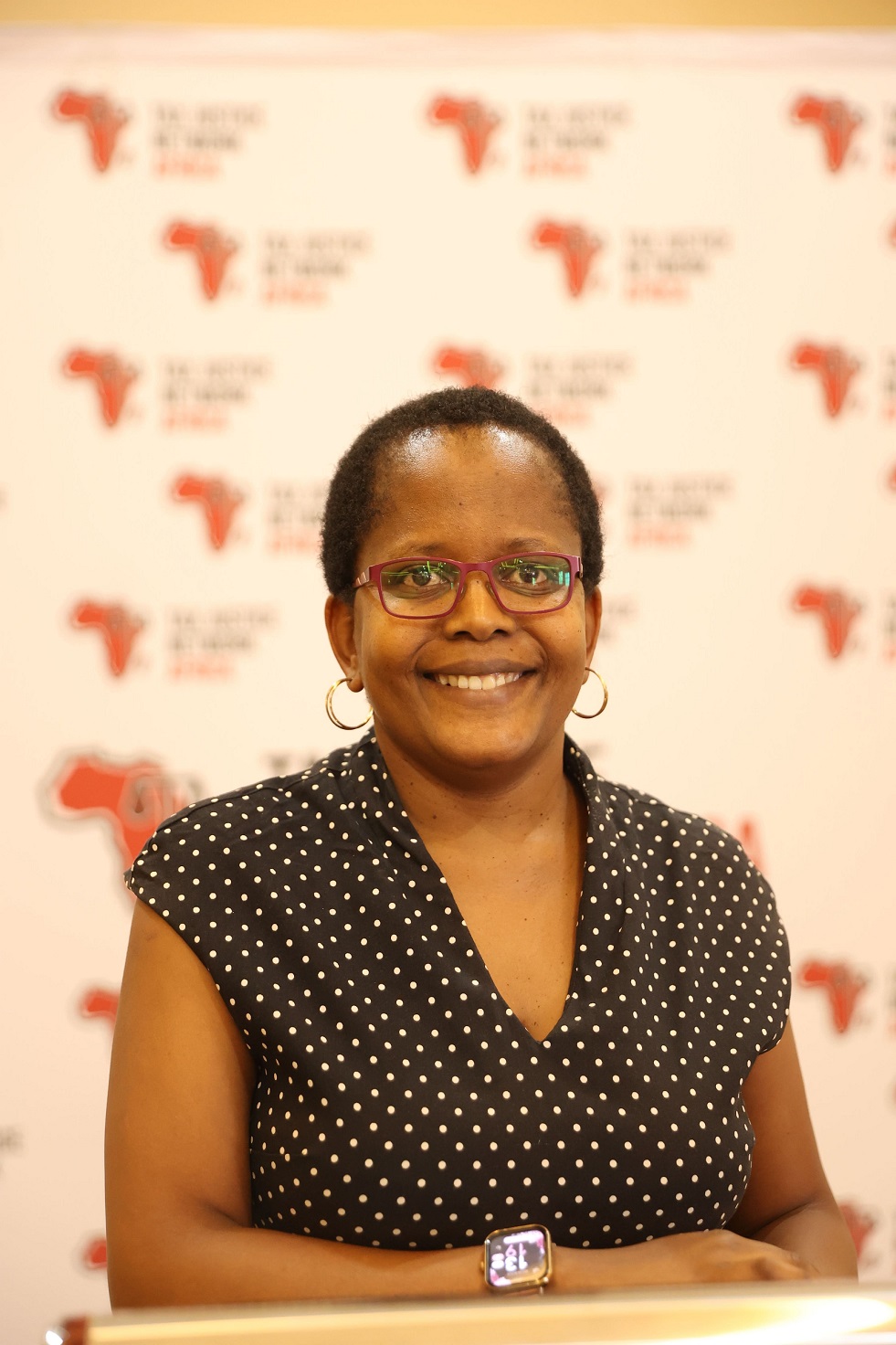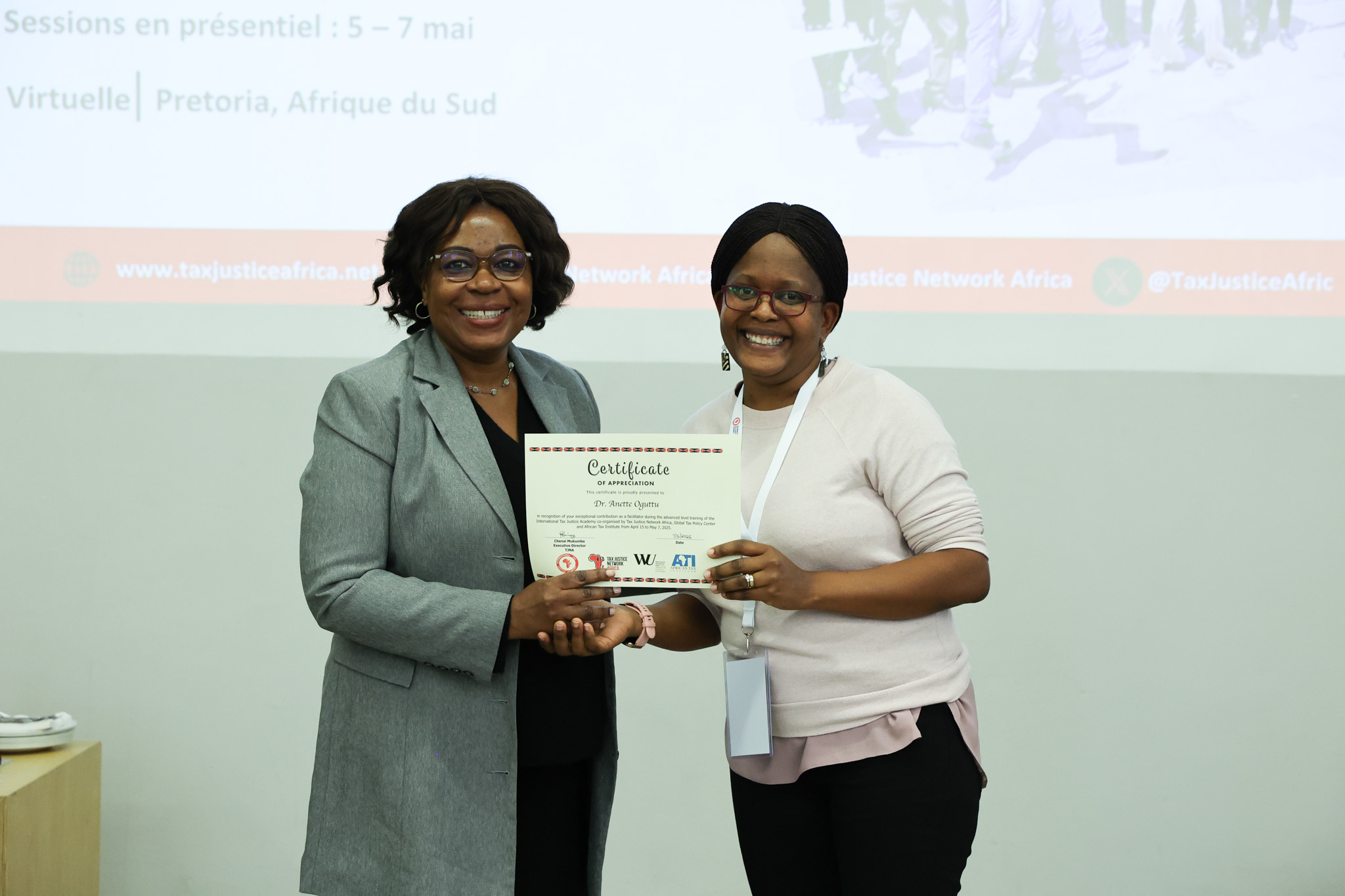
Across Africa, the conversation about underdevelopment and fragile public services too often zeroes in on corruption, mismanagement, or insufficient foreign aid. While these are not insignificant, they represent only a small part of the story. A far greater and largely underexamined issue is at the heart of the continent’s economic woes: the staggering outflow of wealth through illicit financial flows (IFFs), particularly harmful tax practices by multinational corporations.
These hidden but systemic drains cost African countries billions annually, eroding the continent’s ability to fund essential public services and stifling long-term structural transformation. As we make our way to Seville for the Fourth International Conference on Financing for Development (FfD4) later this month, governments everywhere are wrestling with a big question: how do we close the gap in funding that is holding so many back?
For African delegates, this moment is especially important: they need to push for an outcome that reshapes the current global economic and financial structures to truly support domestic resource mobilisation (DRM). DRM is the most sustainable way for the continent to build the economic stability and lasting growth it has been waiting for.
Numbers don’t lie
The United Nations Economic Commission for Africa (UNECA) estimates that Africa loses more than $88.6 billion every year to IFFs, money that could build schools, fund hospitals, and invest in sustainable infrastructure. By contrast, foreign aid to Africa amounts to roughly $30–50 billion annually, while losses from corruption, though serious, are estimated to be far smaller than the capital bleeding from IFFs.
In the face of declining overseas development assistance, it’s important to note that Africa has consistently lost more in IFFs than it receives in aid and arguably far more than it loses to corruption. The future of Africa's development financing therefore lies in a different approach: strengthening the continent's ability to raise and retain resources internally.
Zambia exemplifies the wider crisis unfolding across the continent, rich in copper and other minerals, is emblematic of this broader pattern. As highlighted in a recent Guardian editorial, Zambia’s losses from illicit financial flows and tax avoidance by multinational mining firms vastly outweigh the modest aid it receives from countries like the United States. In 2021 alone Zambia saw $5 billion (about 20% of its GDP) flow offshore, plus $1.2 billion in profit remittance, vastly outweighing the roughly $250 million, or 1% of Zambia’s GDP received in U.S. aid. These numbers tell a clear story: it is not that Africa lacks support, but that too much of its wealth is being drained away.
Even as citizens grapple with underfunded public health systems and a debt crisis, multinational companies use legal loopholes to shift profits offshore, often paying a fraction of the taxes they owe, or none at all.
This is not just a Zambian problem, from Nigeria’s oil sector, Guinea’s bauxite mines to South Africa’s financial markets, multinational corporations routinely exploit weak tax laws, secrecy jurisdictions, and global trade rules to extract profits while contributing little to domestic development. These companies are aided, knowingly or otherwise, by financial centres in Europe and North America, where profits are often parked, hidden, or laundered.
The narrative trap: Corruption vs. Exploitation
The dominant narrative, that Africa’s biggest problem is corruption and embezzlement of public funds, conveniently ignores the complicity of powerful global actors. This narrative imbalance skews policymaking, public opinion, and international relations and limits the political will to address corporate tax avoidance or advocate for stronger financial transparency laws globally.
According to the authors of the Journal of Economic and Social Thought, foreign loans and sovereign debt have actually fuelled illicit financial flows in the short run. This research has revealed that for every dollar of foreign loans to sub-Saharan Africa, roughly 60 cents flow back out as IFFs in the same year, and a one dollar increase in the stock of external debt was associated with 2-4 cents of additional capital flight annually in subsequent years, suggesting that the accumulated stock of debt drives additional capital flight in the long run.
Rethinking responsibility: What is the role of the state?
To build a fairer tax system, the role of the state must be front and center. African governments have both a constitutional and moral responsibility to provide quality public services, every child deserves an education, and every citizen deserves quality healthcare. Yet, these fundamental rights remain out of reach for far too many.
To fulfill this duty effectively, states must be empowered technically and politically to mobilise domestic resources. This includes strengthening revenue authorities, closing domestic tax loopholes, demanding corporate transparency, and working across borders to curb illicit financial flows.
Crucially, reforming the global tax system must also be part of this effort, and the UN Tax Convention represents a vital step forward. It offers a platform where all countries, not just the most powerful, can participate equally in setting international tax rules that work for the public good, not just private profit.
Achieving all of this requires political courage: to stand up to vested interests, to challenge unjust tax arrangements, and to renegotiate exploitative contracts that have long prioritised foreign profits over people’s needs.
The role of civil society organisations (CSOs) and media
Civil society organisations and investigative journalists are critical players in this fight. By forming partnerships, leveraging data, and uncovering the shadowy networks behind IFFs and tax avoidance, they can hold both governments and corporations accountable.
As we have seen in landmark investigations like the Panama Papers, Paradise Papers, and West Africa Leaks, transparency journalism and civil society advocacy can drive reform, if given the space and support to operate.
The book titled “Africa’s Odious Debts” by James K. Boyce, paints a sobering picture of a continent caught in a vicious cycle of debt, corruption, and money slipping away through capital flight. But the book makes an important point: this is not just about a few corrupt officials or shady bankers. It’s a much bigger, more complicated problem tied to the way global finance is structured, where incentives often favour those who exploit the system.
Tax Justice Network Africa is contributing to building a new Africa where tax justice prevails. Alongside leading researchers, policymakers, campaigners, media, and civil society organisations, we are mobilising a movement to comprehensively transform tax policy, challenge harmful investment practices, improve international tax transparency, and restore the sovereignty of natural resources to African countries.
Conclusion
We need bold, fundamental reforms that shake up how debts are created and managed, like rejecting debts that were taken on unfairly or under corrupt conditions, sometimes called “odious debts.” If you look at Asia’s story, for example, decades ago, it faced similar challenges but managed to turn things around and become an economic powerhouse.
This kind of fresh thinking is exactly what Africa needs. It is a reminder that the fight against corruption, tax avoidance, and illicit financial flows is not just about catching the bad guys. It is about changing the whole system so Africa can finally keep more of its wealth and use it to build the public services and dignified futures its people deserve.
Unfortunately, Africa’s challenges are not due to poverty or internal mismanagement alone, but largely because external systems exploit the continent’s resources, draining public wealth and deepening dependency. While corruption and aid matter, the biggest theft may be the vast sums legally siphoned out of Africa by multinational corporations. For true development, Africa must reclaim this wealth by changing the narrative, following the money, and holding both governments and corporations accountable.
This article is authored by Mercy Kamau, Communications Officer- Content and Media Relations at Tax Justice Network Africa.





